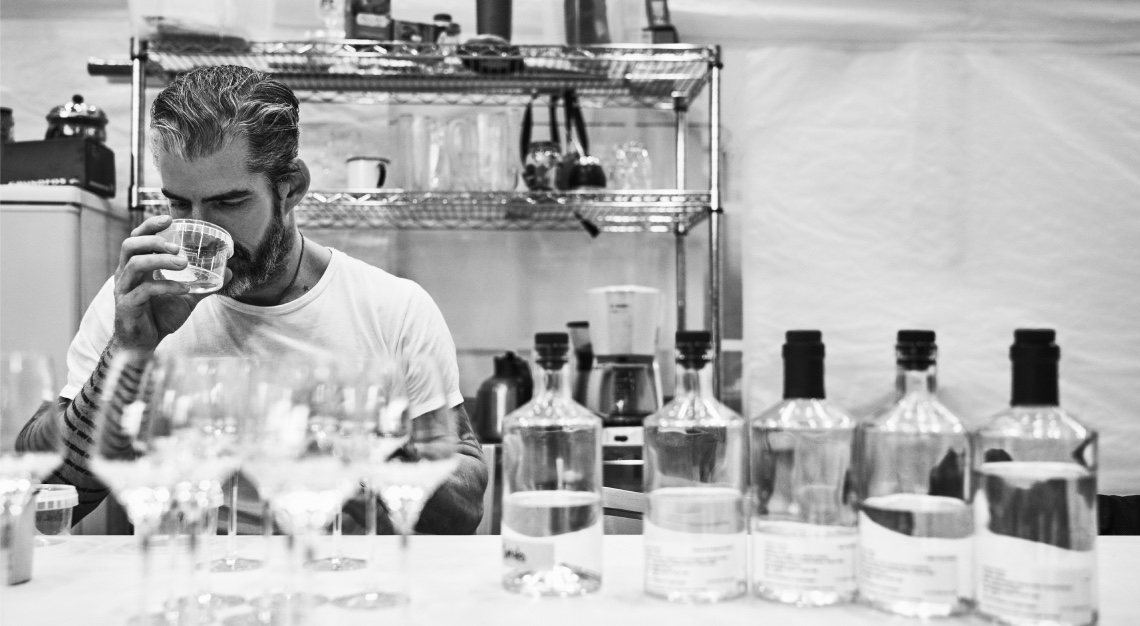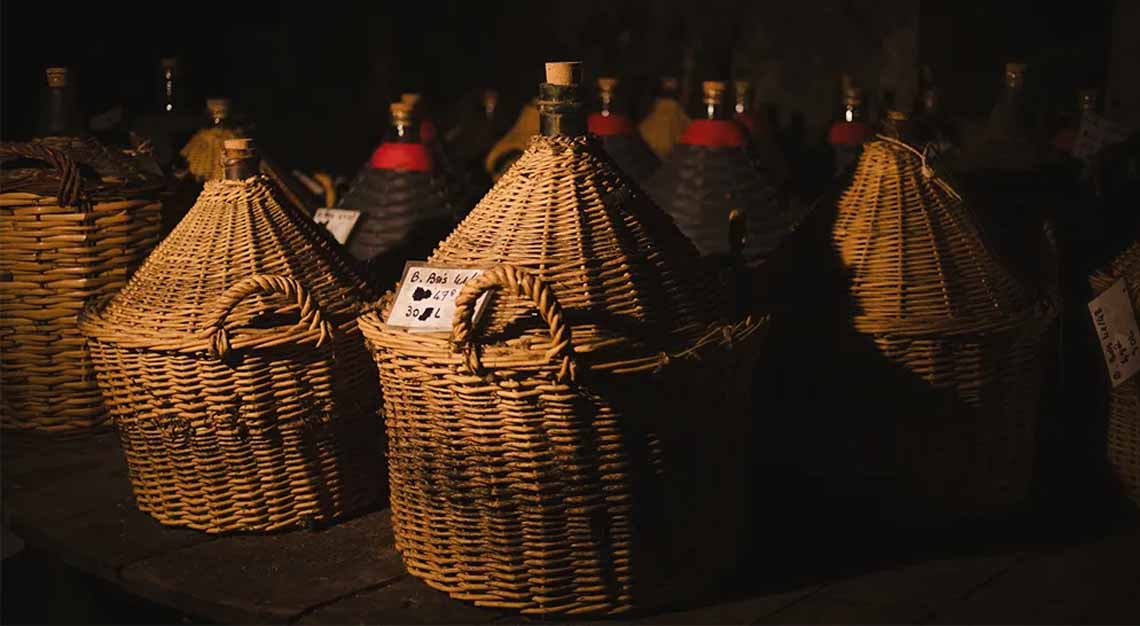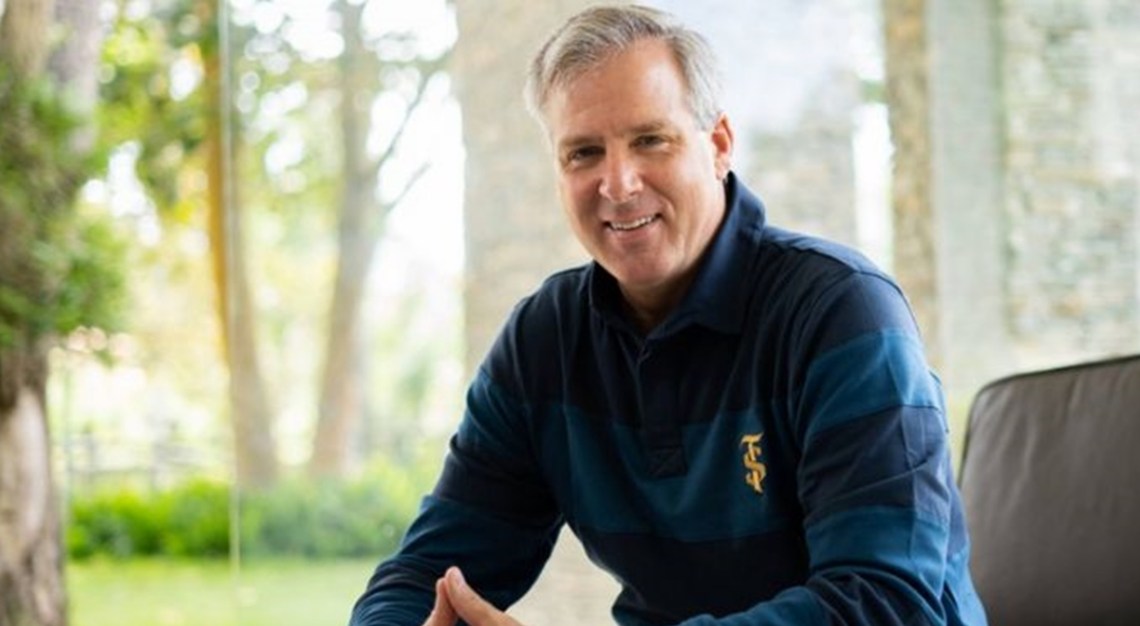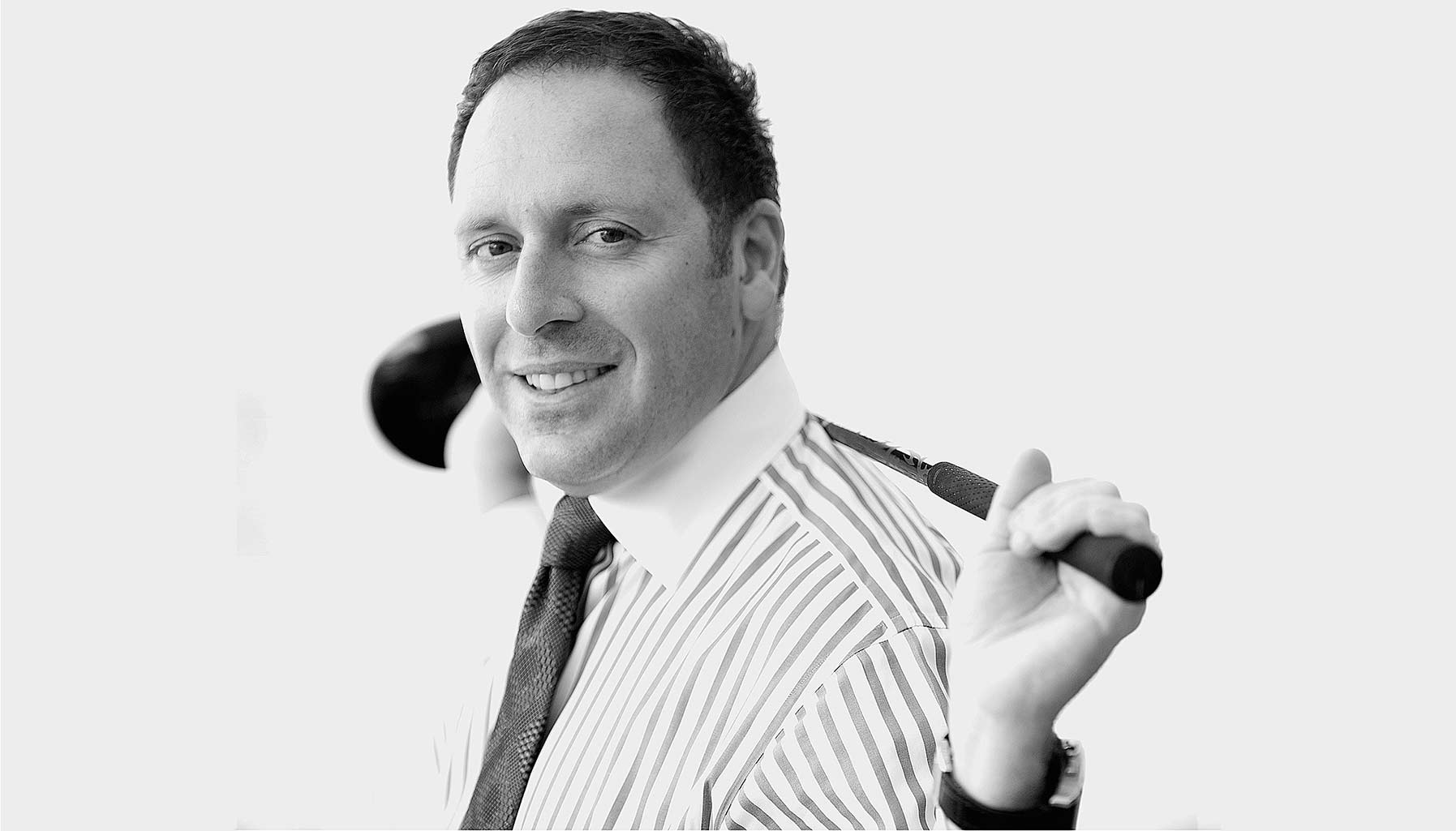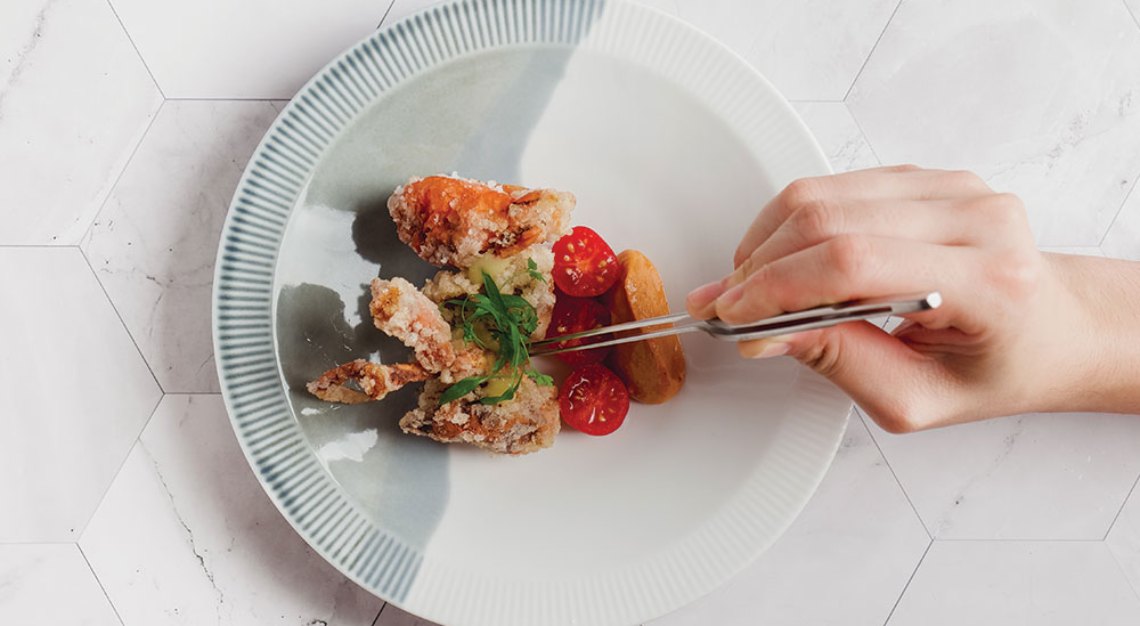Why should tradition be questioned for a better future? Empirical Spirits is the answer
Lars Williams is no stranger to wild flavours. For eight years, he ran The Nordic Food Lab, the R&D facility founded by René Redzepi, the killer chef behind the culinary mecca that is Noma. Redzepi’s obsession with flavour, foraging and sustainability was what sparked a different desire in the food world – that there’s beauty in ‘local’, no matter how humble the ingredient is.
When Noma went on a hiatus, Williams shifted from food to alcohol, and founded Empirical Spirits in 2017 with anthropologist Mark Emil Hermansen (also a Noma alumnus). Like Redzepi, he’s always on a constant search for flavour, and he wanted to make an indelible mark on the spirits industry. He looked at how flavours, traditions and techniques could be done differently, and thought, surely spirits can be as seasonal as food can.
Empirical spirits is a category of its own, and unlike gin distilling, it combines the best of eastern and western techniques, the best of sake and beer. It takes the best component of any ingredient (novel ingredients mostly, like the smoky Pasilla Mixe chilli in its Ayuuk) and rather than malting the barley, koji is added. This koji barley is then blended with pilsner malt and other grains and botanicals, and depending on what’s on the menu, fermented with a Belgian yeast. It is then distilled under low heat, so the delicate flavours remain, and then mixed with other novel ingredients.

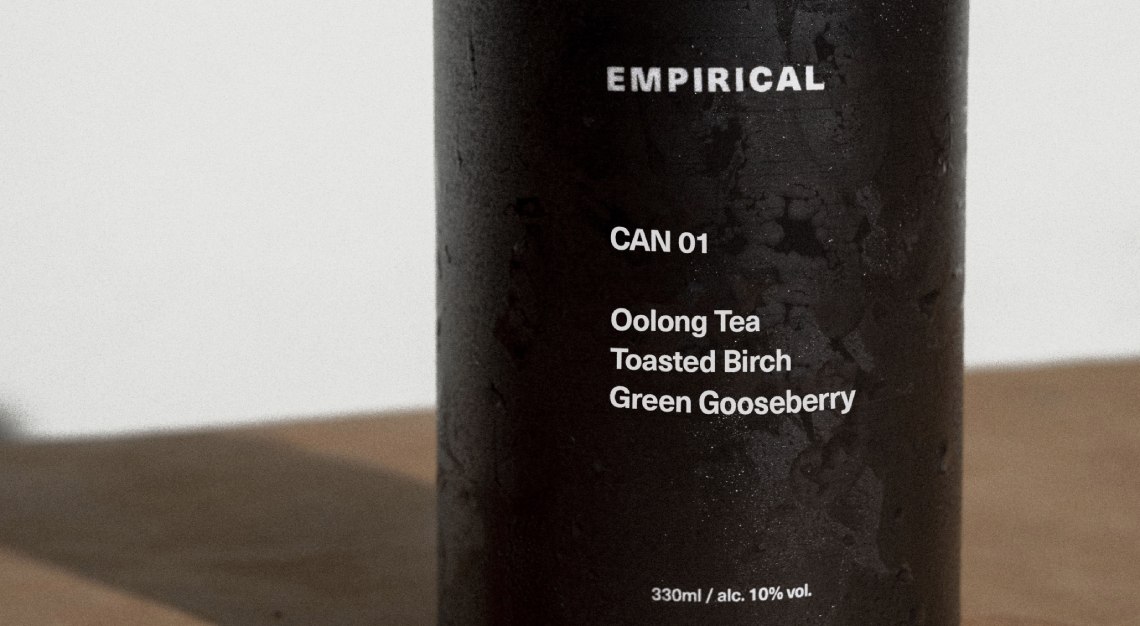
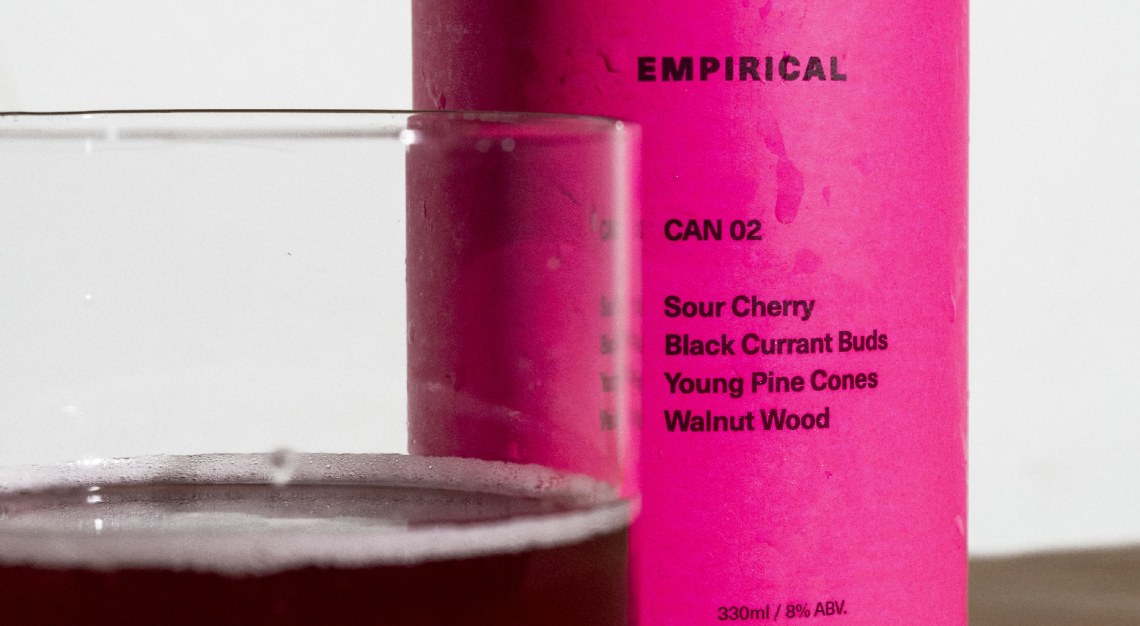
As of February this year, Williams and his team are still hard at work, developing new spirits, ready-to-drink low-ABV fizzy drinks made from sour cherry and walnut wood, for instance, and even a smoky hot sauce based on koji, beetroot and blackberry. Here, he tells us more about rule-breaking and questioning tradition.
Do you consider Empirical Spirits a role model for what could revolutionise the spirits industry?
Ha. I don’t think anyone on the team would consider themselves a good role model. From the beginning, our mission has been to explore and make flavours that resonate with people all over the world. We make things hard for ourselves, but that’s because we would rather cut off a hand than cut a corner. I don’t know if it’s going to revolutionise anything, but we are sure about how we feel things should be done.
Where do you get your ideas? What motivates you?
Creatively, I’d loosely delineate three paths that we use towards innovation: a single brilliant ingredient we try to pull the best out of; a process; and a deep, long-term research that often doesn’t realise quick goals, but can lead to breakthroughs. What motivates me? When someone is given something they’ve never tasted before and yet it can elicit a ‘sense memory’ from another time and place, lighting up his/her face with wonder and recollection.
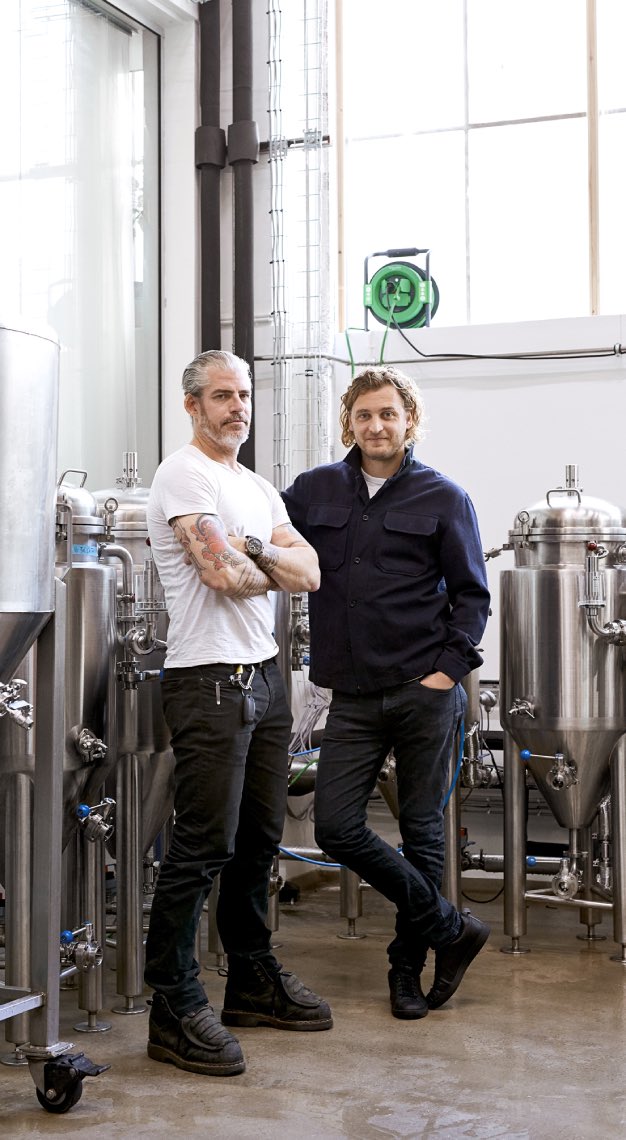
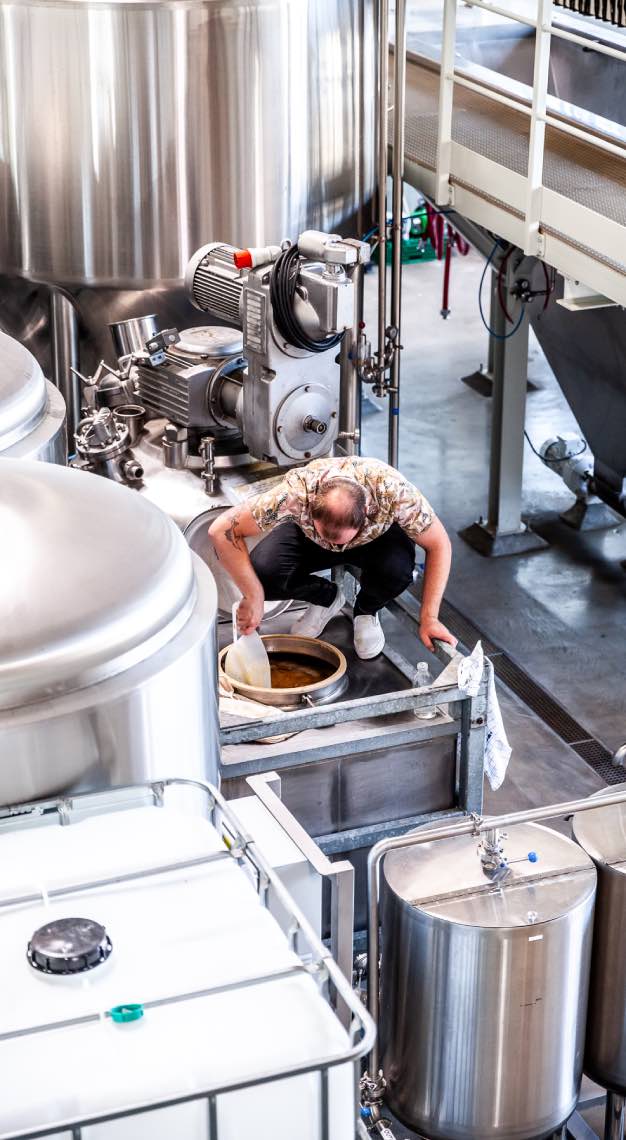
At Empirical Spirits, boundaries are pushed. Why are rules meant to be broken?
I don’t believe in ‘perfect’. Yet in the same breath, I don’t believe that anything is ever good enough. I can’t come up with a recipe, dust my hands off and think, that’s the best I can do. I have great respect and love for the traditional way of doing things, but the way my brain is wired, it always goes into overdrive, trying to figure out how to do it better. Rules are meant to be broken because they’re often inane, and set up by a particular group of people who were in a position of power at a particular time. When we realised that our spirits literally couldn’t fit into any existing category, it was incredibly liberating. Anything was possible.
Why should tradition always be questioned for a better future?
Are you doing something just because that’s the way someone did it before you? Or is it actually the best way that you can do it?
What do you have to say to those who are afraid of change?
Change is inevitable. You have the choice of shaping things positively, or sitting on the sidelines and watching things fall apart. To be complacent is to be complicit.
Finally, what does ‘tomorrow’ mean for you?
That time has become a Möbius strip over the last year.
This story first appeared in the March 2021 issue, which you may purchase as a hard or digital copy. Celebrate Robb Report Singapore’s 100th issue with us here
